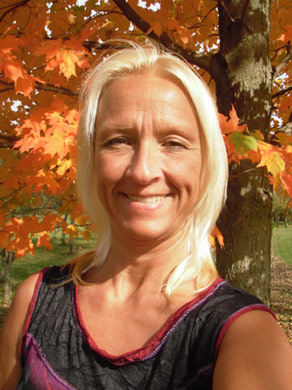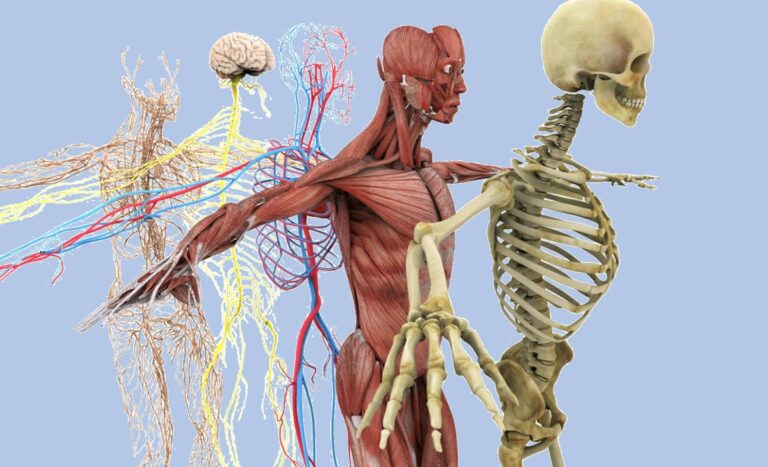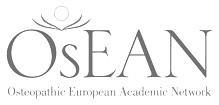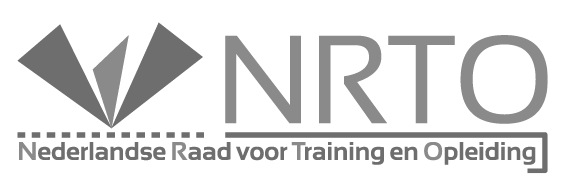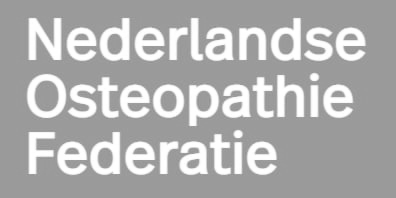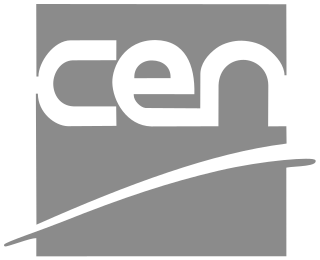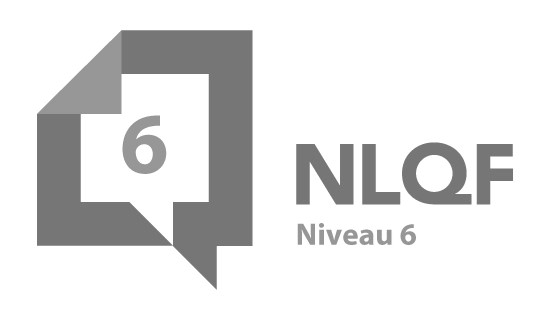Course Description
This course challenges several of the commonly held paradigms regarding the understanding and treatment of fascial tissue. In particular, it focuses on the often overlooked, yet critically important, role of loose connective tissue in the regulation of the health of the body.
Using a comprehensive theoretical approach and her practical experience with dissection and clinical practice, Jane explains, demonstrates, and supervises the practice of techniques applicable to connective using a fluidic, rather than a fibrous, approach to its normalization.
It will also be discovered that treating the loose connective tissue through the medium of fluid is often times reveals a patient’s emotional landscape.
Course Dates
- 17-19 March 2023
Course Costs
The costs for this course are € 750 for 3 days, including coffee, tea, lunch, parking and documentation. The NRO and NOF accreditation for this course are in progress at the moment.
Cursus overview

Go with the Flow – Fluidic Approach to Fascia
Learn how to address the patient’s fascia through a layered (rather than chain-like) approach
This workshop challenges several of the commonly held paradigms regarding the understanding and treatment of fascial tissue. In particular, it focuses on the often overlooked, yet critically important role of loose connective tissue, not only in giving and maintaining the fascia’s fibrous form, but more so in the regulation of the health of the body. A mix of theory and practice, this workshop offers participants the visual advantage of viewing slides of freshly (non-preserved) dissected connective tissue in conjunction with the kinesthetic application of their hands on their workshop partners.
Using a comprehensive theoretical approach, her practical familiarity with dissection of fresh tissue, and years of clinical experience as an osteopathic manual practitioner and certified athletic therapist, Jane explains, demonstrates, and supervises the practice of a variety of therapeutic treatment applications on connective tissue using a fluidic, rather than a fibrous, approach. A fluidic approach on fascial restrictions allows the individual’s tissues to release quite effortlessly with no discomfort. In addition to attaining a new set of immediately applicable therapeutic tools, participants will notice how a fluidic approach puts less strain on their own bodies and results in more permanent results.
Biography Jane Eliza Stark, MS, D.O.M.P.
Jane holds an undergraduate degree from the University of Guelph in Biology (1980) and a Master’s degree from Walden University in Clinical Research Administration (2014). She also holds diplomas from Sheridan College in Sports Injury Management (1990), the College D’études Superior in Somatotheraphy (2001), and the Canadian College of Osteopathy, in Osteopathy (2003). Atman College in Sophia France bestowed the honorary degree of Honoris Causa to Jane in 2008. She is a EVOST fellow from Group E.
Jane has been practicing as a certified Athletic Therapist since 1991, and as an Osteopathic Manual Practitioner since 2003. She currently serves on the faculty of three osteopathic colleges, the Japanese Traditional Osteopathic College in Kobe Japan, the Canadian College of Osteopathy with campuses in Toronto and Winnipeg and the Collège d’Études Ostéopathiques with campuses in Vancouver and Halifax. She has been the director of research at the Canadian College of Osteopathy since 2007.
Jane is the author of Still’s Fascia, a book about the A.T. Still’s views on fascia and much more. In 2020 she published Journeyman, a biography about the early life of William Garner Sutherland. Jane is recognised internationally as an osteopathic historiographer, author, and workshop leader on the fluidic approach to treating connective tissue and osteopathic history. To date, Jane has lectured or taught in 12 countries.
